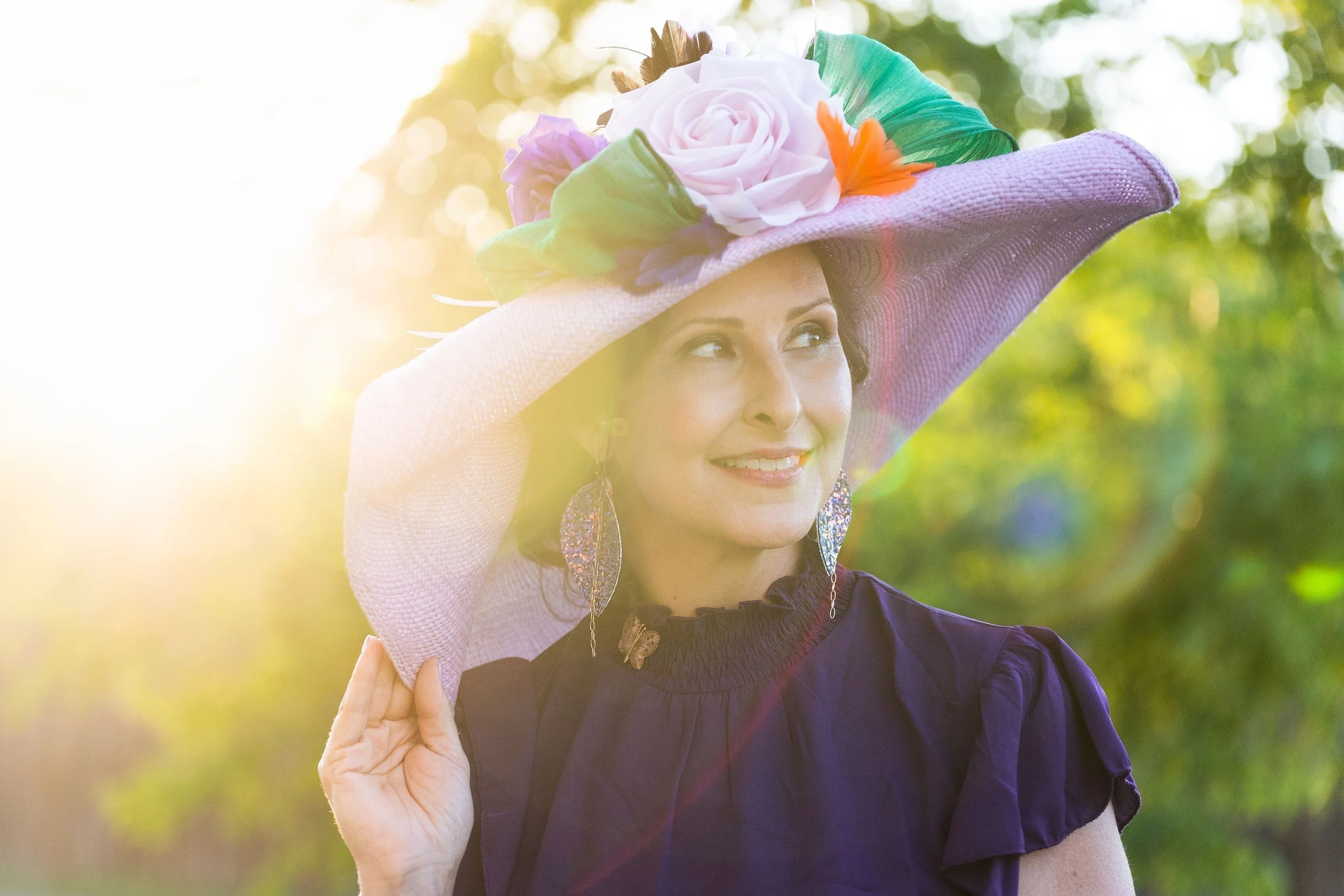By Carl Atiya Swanson
As an artist, I think a lot about endings. As a writer, I want the right line to finish with, to leave the story with the right emotional impact. In theater, the experience is ephemeral and that memory after the ending is the point, the joy of it.
I think about endings because as 2018 draws to a close, I will be rolling off the Dissonance board of directors. Since our first conversations three years ago about taking a series of panel conversations into a nonprofit organization that brings people together to make and share resources to support the creative community, building Dissonance has been a profound and satisfying experience.
I often describe the work of Dissonance as being loud and open about smashing stigmas so that we get to have quiet and personal conversations.
In the first part of that equation, Dissonance has been a platform to share my own story of sobriety and recovery. In 2012, when the first Dissonance panels took place at McNally Smith College of Music, I was relatively new in recovery, and to see other artists sharing their own paths—and to connect with them through art—was inspiring.
Human connection is one of the keys to living a meaningful life and countering the isolation and separation that can feed addiction and mental illness. Being able to work with Dissonance has connected me to so many great colleagues and offered me so many opportunities to grow through sharing my own experiences publicly. I couldn’t be more grateful for the work, especially as we’ve been able to do this at a time when so many others – from the talented folks who make up the Dissonance community to celebrities like Kevin Love, Mariah Carey, and Pete Davidson – are sharing their own stories about mental health, addiction and wellness. When we name something, we make it manageable. We make it shareable. We put off the burden of having to carry things alone. Sharing stories publicly makes us more empathetic and compassionate, and we need all of that we can get in the world right now.
The second part of the Dissonance equation — getting to have quiet and personal conversations — has been one of the ongoing and tremendous joys of my experience on the board. So many people have reached out and shared their stories, or their needs — some at tremendous low points — and it has been an enormous privilege to be able to sit, talk on the phone, or text with each person, connecting in quiet support. Very little makes me as happy as hearing how people found a therapist in our Get Help Directory or seeing them share wellness milestones and anniversaries. The work of being well is everyday work, and it happens all around us.
Matt Rasmussen’s poem “Chekhov’s Gun” opens with the line “Nothing ever absolutely has to happen.” That’s been so true in my own recovery. Addiction makes demise feel inevitable. Ten years ago, when I was just coming out of rehab, the life I lead now was not unimaginable, because I had little framework for imagining it. But the day-to-day work, the support of many others, the opportunities to connect — these are the exercises that strengthen imagination, and that have helped build a life rich with meaning.
So in this ending, I need to thank those who have helped build all this meaning. The artists who have shared their talents at events and in conversation over the years, folks like David Campbell, Davina Sowers, Nora McInerny, Saymoukda Vongsay, Levi Weinhagen, Charlie Parr, Leah Ottman, MaLLy, Mark Mallman, Nicholas David, Caroline Smith, and everyone who has written for the blog, thank you for your brilliance and vulnerability. My fellow Dissonance board members past and present are so passionate and so talented, so to John Solomon, David Lewis, Haley Johnson, Kyle Frenette, Jen Gilhoi, Brian Zirngible, Katy Vernon, Ali Lozoff, Jeremiah Gardner and our fearless leader Sarah Souder Johnson, thank you from the bottom of my heart.
What’s in that list of names is also this truth — the work we do is driven by the people who show up to do it. If this work has resonance in your life, come, build the next steps of Dissonance. There are so many ways you can connect – write for the blog, make a donation on Give to the Max Day, volunteer for Unhappy Holidays on Dec. 20, talk to one of us about joining the Dissonance board.
In that sense, this isn’t an ending. I’m not really leaving, I’m just making some more space for myself and for others to shape the future. I hope it’s you who chooses to step up. What’s next?
Carl Atiya Swanson is a Dissonance Board Member.





